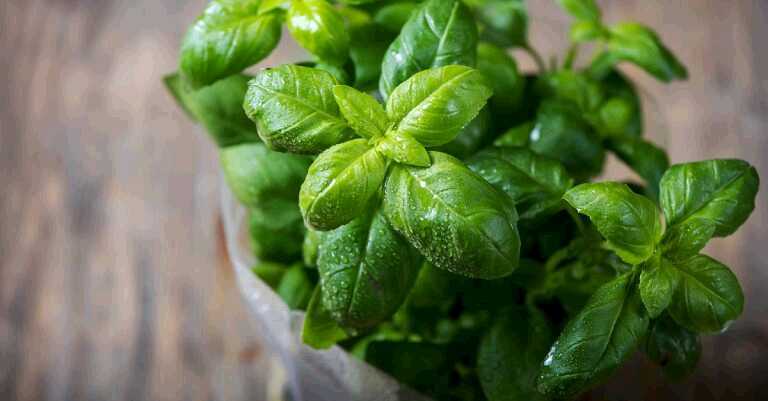
The University of Samford in Alabama has just received a $493,892 grant from the USDA National Institute of Food and Agriculture that will pay for a three-year study into basil’s antidiabetic effects. Suresh Mathews, professor, and chair of the University’s Department of Nutrition and Dietetics is part of the team of researchers awarded a prestigious grant to study basil’s ability to combat the growing epidemic of diabetes.
It’s an area that Mathews says is ripe for research,” Mathews said.
What is compelling is how some varieties of basil have been noted to lower blood glucose concentrations in laboratory animals. Now researchers are racing to identify the chemicals in basil that are responsible for the positive effects and how those compounds reduce blood sugar.

Mathews will employ a mix of cellular, molecular, physiological and animal studies to determine the antidiabetic effects of six strains of basil, as well as to determine the bioactive compounds and their modes of action.
Although oral medications and insulin are currently the best pharmaceutical treatments for diabetes, Mathews notes that there is a growing interest in alternative and complementary therapies to get a better handle on the disease.
The scientist points out how similar types of research uncovered some standard diabetes therapies that are currently in use.

“The discovery and synthesis of the widely popular antidiabetic medication Metformin (Glucophage) can be attributed to early findings of blood glucose-lowering properties in French lilac plant extracts,” Mathews asserted.
The benefits of basil research could go beyond the medicinal, he said.
Sweet basil, which is commonly found in gardens and used in kitchens across the country is one of the six species being studies. Other varieties being investigated include clove basil, hoary basil, and holy basil.
Also included in the research are Rao Mentreddy, professor in the Department of Biological Sciences at Alabama A&M University, and Agnes Rimando of the USDA’s Agricultural Research Service.
“I’m really excited about this group. It involves a partnership with three institutions, and because of that partnership, we can do so much more,” Mathews chimed. “I’m also excited because we can incorporate this into the curriculum and involve our graduate and undergraduate students, who really want to do this kind of research.”
